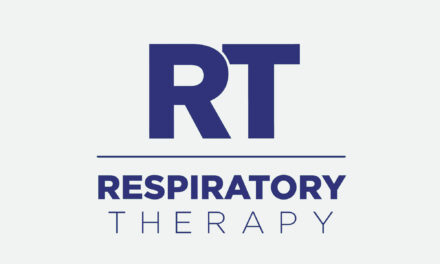A review of nearly 150 randomized controlled trials on children—all published in well-regarded medical journals—reveals that 40% to 60% of the studies either failed to take steps to minimize risk for bias or to at least properly describe those measures. The review, conducted by Michael Crocetti, MD, MPH, and colleagues at Johns Hopkins University, appears in the journal Pediatrics.
The report shows that experimental trials sponsored by pharmaceutical or medical-device makers, along with studies that are not registered in a public-access database, had higher risk for bias. In addition, trials that evaluate the effects of behavioral therapies rather than medication also exhibited a higher risk for bias. Citing the degree of bias risk in the studies reviewed, the researchers caution pediatricians to be critical readers of studies even in highly respected journals.
Crocetti et al used the Cochrane Collaboration tool, which assesses risk for bias along six critical aspects including randomization—randomly assigning patients to different treatments—and masking, the degree to which neither the patient nor the doctor knows which group of patients is receiving an active drug or intervention versus a placebo.
Overall, 41% of the 146 trials in the review had improper or poorly designed randomization techniques. Industry-funded trials were six times more likely to have high risk for biased randomization than government-funded trials or those funded by nonprofit organizations. And past research, the investigators point out, has shown that industry-funded trials are four to five times more likely to recommend an experimental drug.
According to Crocetti, trial registration—and the transparency commitment it reflects—is a key step in reducing bias or its influence. In their evaluation, they found that registered trials were nearly 70% more likely to have robust randomization than nonregistered trials, probably because the registration process itself forces researchers to answer many questions related to trial design and execution.
Therefore, the researchers say, registering pediatric trials in the public domain will not only increase transparency, but improve the validity of their results in the long run. In 2005, the International Committee of Medical Journal Editors called for registering all medical trials involving human subjects with www.clinicaltrials.gov, a public repository of more than 70,000 trials from around the world. However, less than 60% of the pediatric trials in the review were registered there.
The researchers also found that most of the trials—57%—either failed to use proper techniques that ensure anonymity or “blinding” to the type of treatment a patient gets, or they failed to clearly describe these techniques. Overall, nearly 20% of the trials used improper masking techniques to ensure that neither the patient nor the researchers know which treatment went to which patient.









